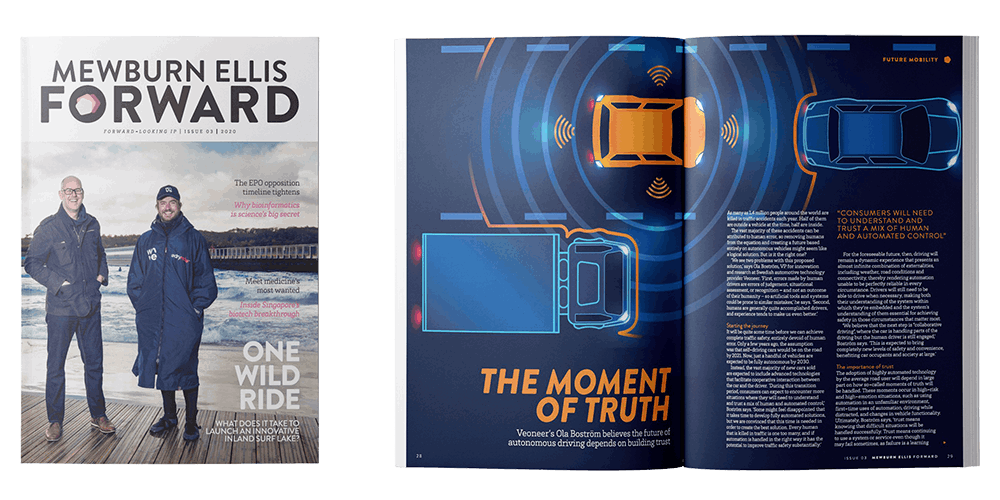The change in mobility practices is all made possible by technology innovations in electrification, connectivity and autonomy. The pace of change will likely only increase, particularly because of the developments in AI, communications, image processing, the Internet of Things (IoT) and developments in battery technologies. With these developing technologies, comes a change to the traditional division of roles in the mobility sector. It's being challenged today and could change dramatically in the future.
Data ownership and security
In this context, the issues surrounding data ownership and security are complex. Who owns the data that an autonomous car generates? It is estimated that the average connected car will produce four terabytes of data a day. Who is allowed to use it? To whom does it belong? Is the individual who owns a semi-autonomous car the owner of the data that it generates - as the vehicle is private property - or can, or should, the manufacturer have rights of access to this data? This in turn raises issues of personal data privacy.
There are also cyber security concerns. These are not just about hacked vehicles crashing but about data privacy in a world of increased ride-sharing and car-sharing, or the hacking of manufacturer-to-vehicle communications. As this Deloitte paper observes, “cyber risk poses perhaps the greatest threat to the future of mobility and data governance, privacy and protection will likely be of paramount importance.”
Patents and standards
Cars are developing more and more into computerised mobile platforms. The emerging generations of autonomous vehicle must be always connected and capable of communication and interoperability with its immediate environment. All these new functions require the car to be a part of the Internet of Things (IOT). This means being connected to the internet, OEM servers, surrounding automobiles and other road users.
Interoperability of communication devices requires that all communication partners use the same standard for communicating. These standards are devised by standard setting bodies, like ETSI (the European Telecommunications Standards Institute), that define the technology and agree on the specifics of such a standard.
Companies involved regularly protect their contribution to the standard by applying for patent protection, eventually obtaining a patent covering a certain aspect of the standardised technology, a so-called Standard Essential Patent (SEP).
These patents are essential to the extent that an implementer cannot provide the functionality that the standard promises without infringing the SEP. Since every market player that wants to implement the standard has to license the patent, the concept of FRAND patent licensing for SEPs has developed. FRAND is the acronym for Fair, Reasonable And Non-Discriminatory, meaning that every party seeking a license has to be granted one at comparable terms. However, since there is no legally binding definition for FRAND, every company involved has a (more or less) diverging view of what actually is FRAND.
The ICT industry is familiar with these patents but the automobile industry only recently started to feel that there are players in the connectivity world that do not behave as was common in the automotive industry they are used to, when it comes to protecting their technology. So IP is at the heart of the future of mobility and both the technology and the IP landscape are continuously evolving. Future mobility is bringing many different players into a new environment. How each of these players respond will have massive ramifications.
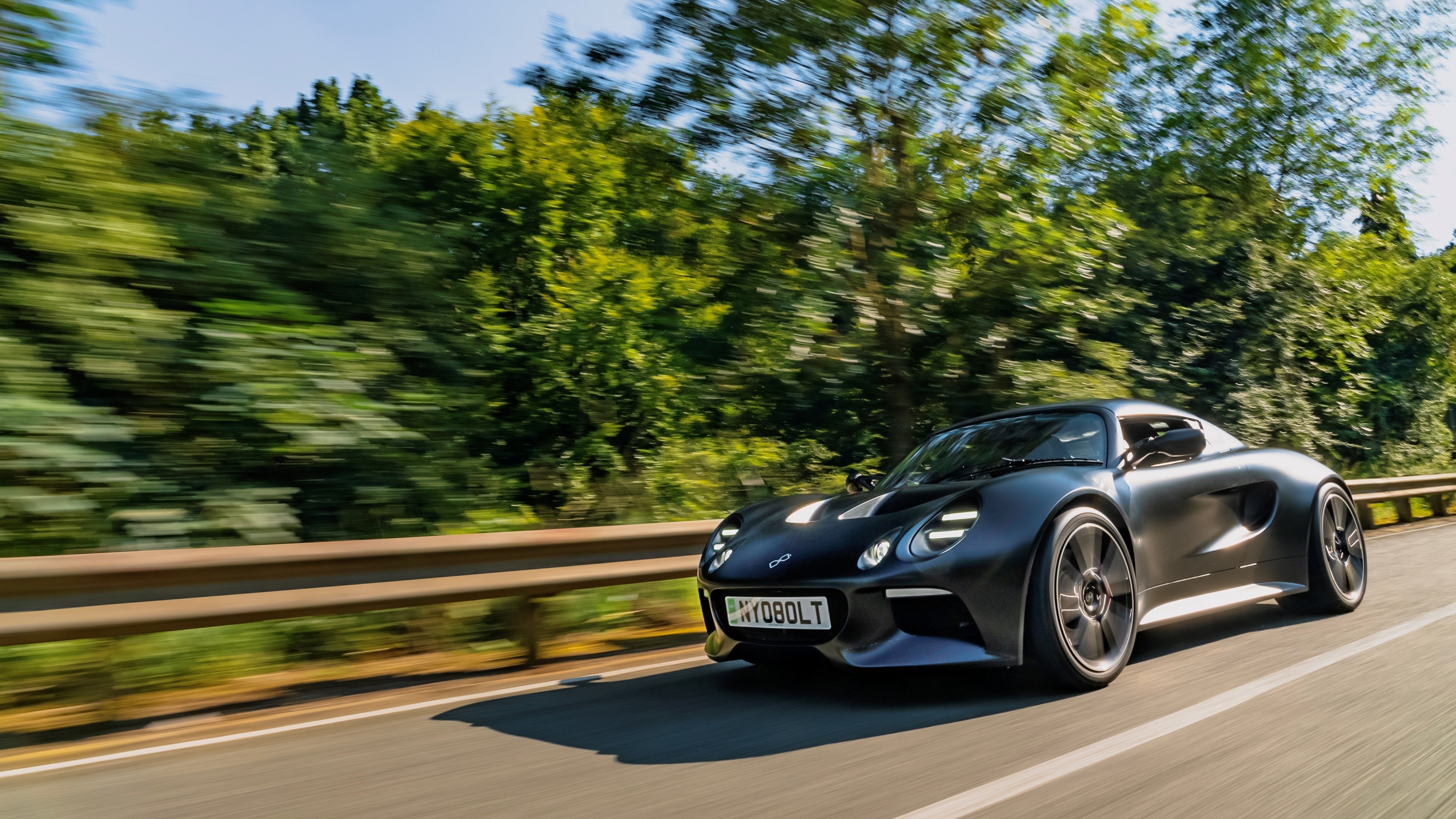
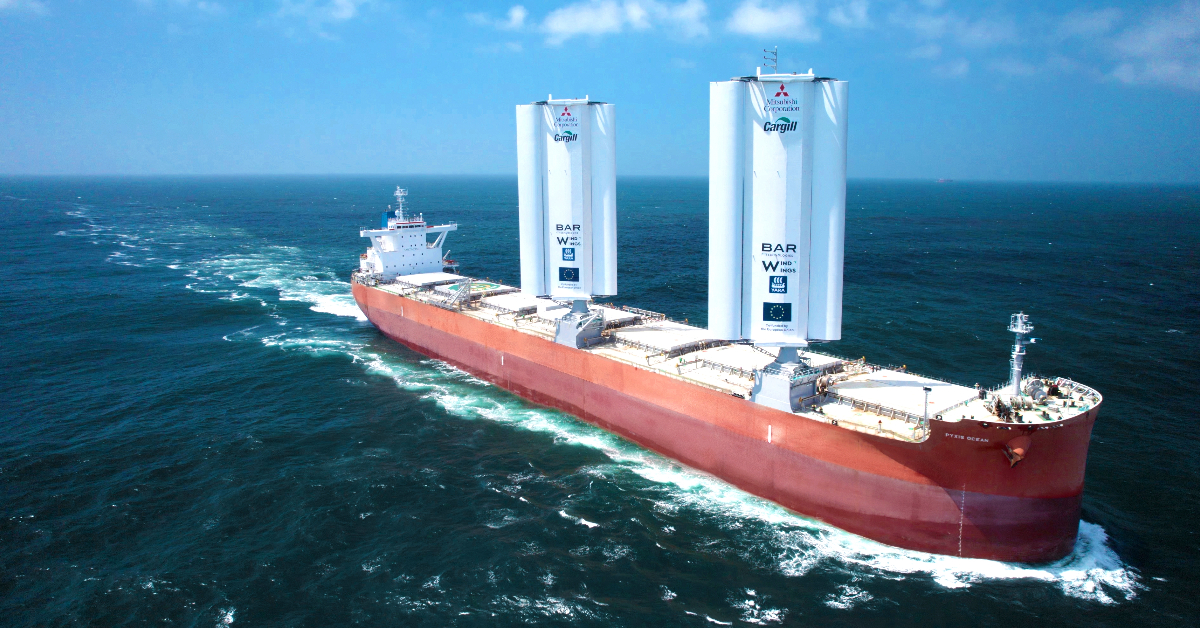
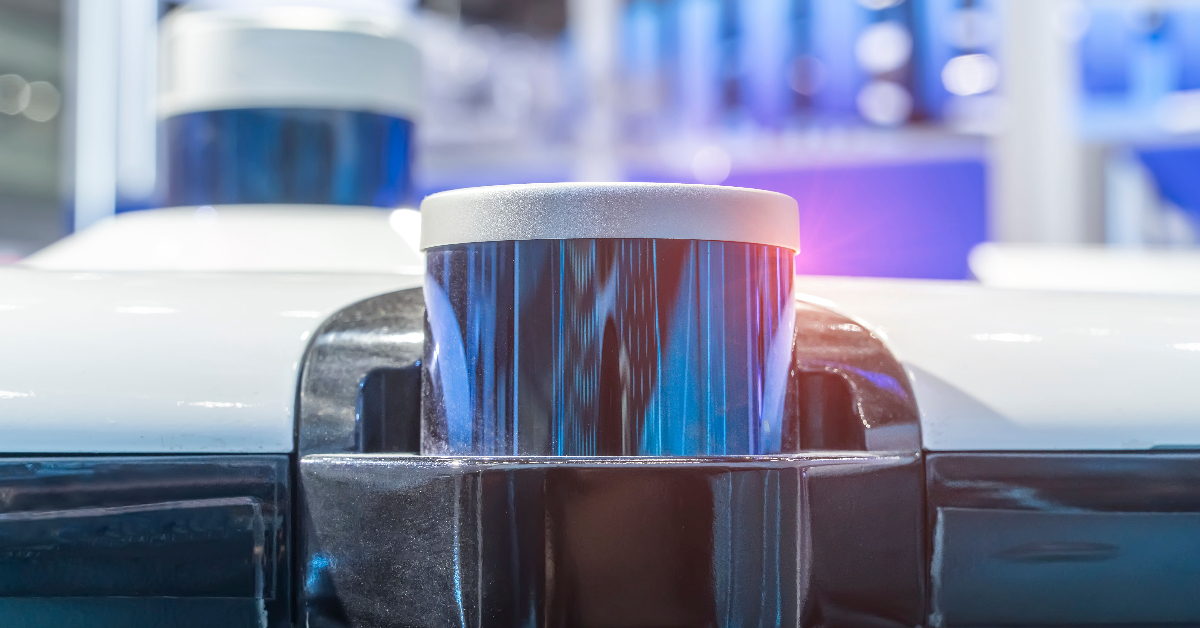

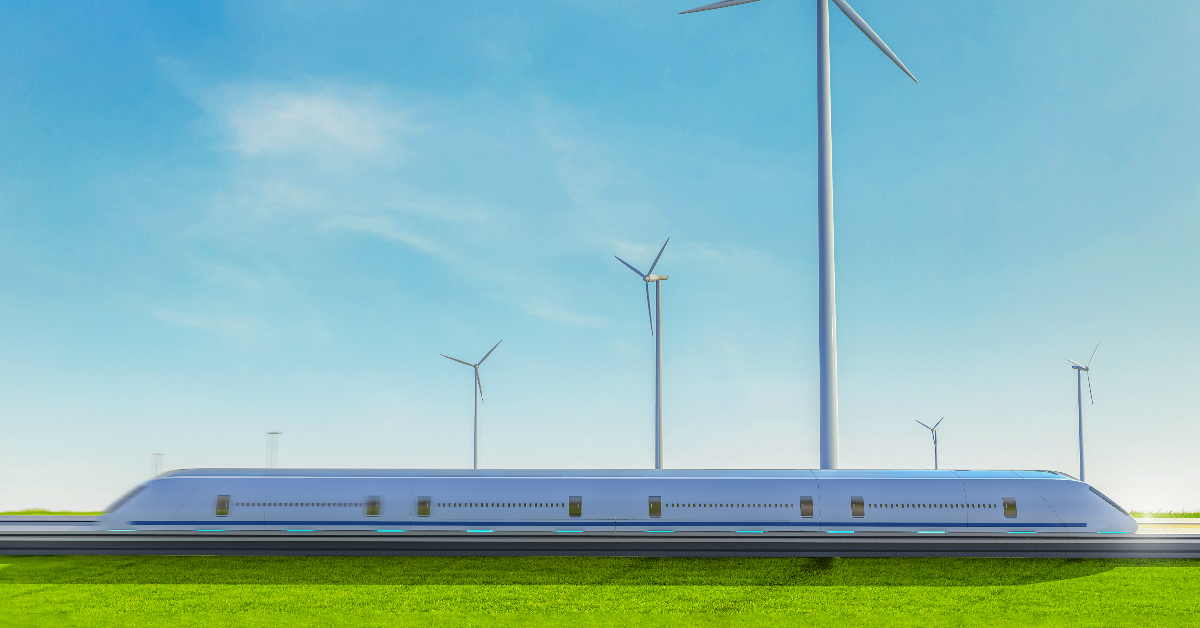
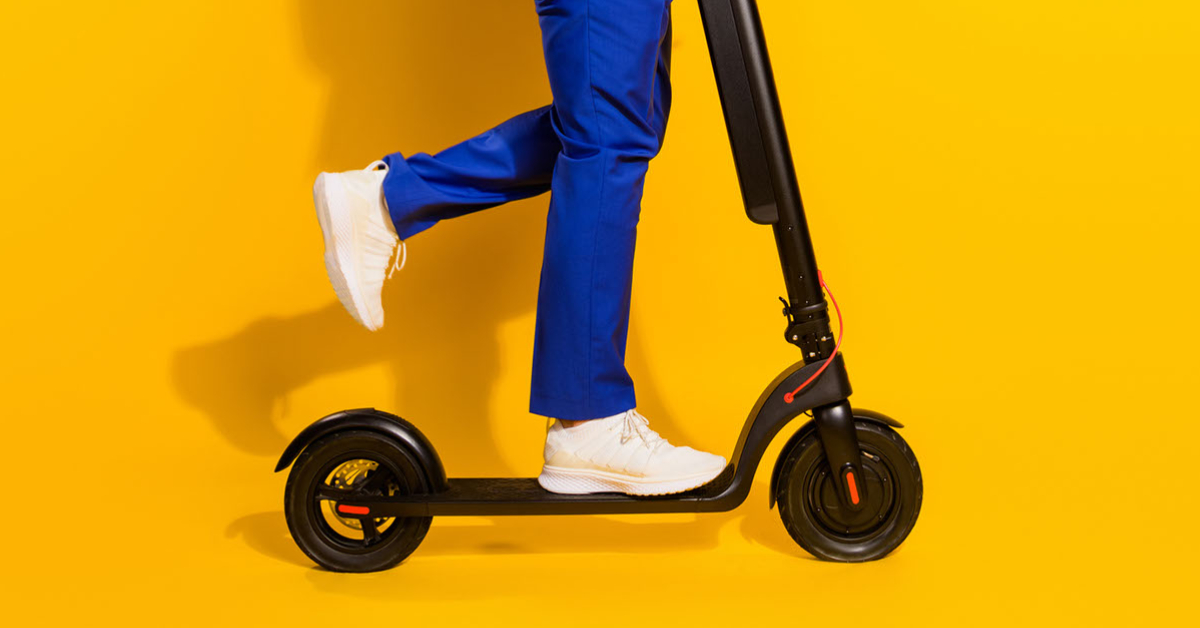

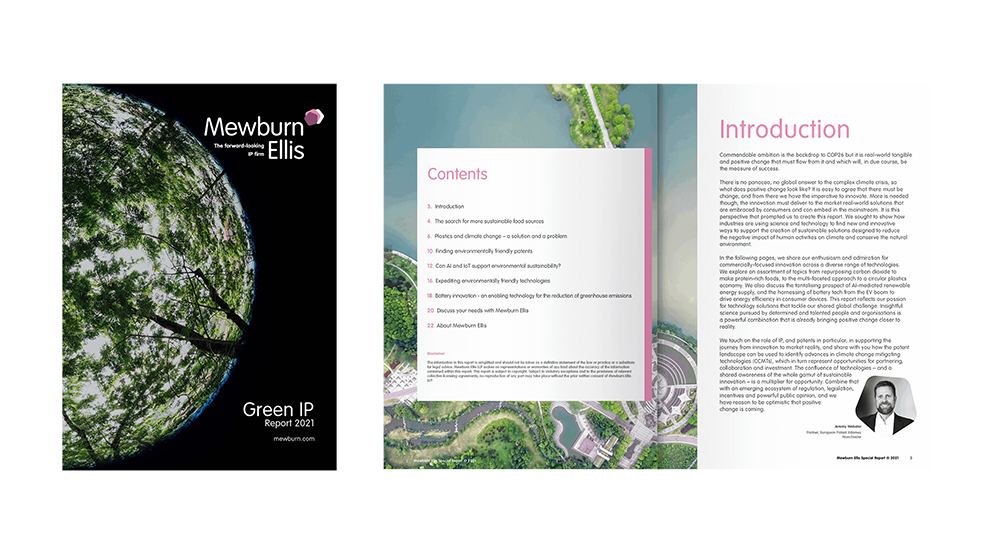


/PAUL%20DUNNE.png)

